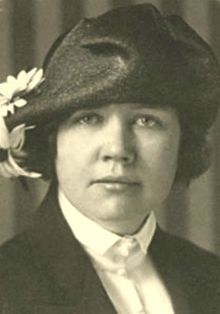Turkey’s Centennial Election: What Is at Stake?
The Cato InstituteOn Sunday, May 14, NATO’s most controversial ally will hold perhaps its most fateful elections since its founding in 1923. President Recep Tayyip Erdoğan, who has been ruling Turkey for 21 years in an increasingly authoritarian and erratic fashion, may win and drag the nation further toward dictatorship. But there is also a chance that […]

